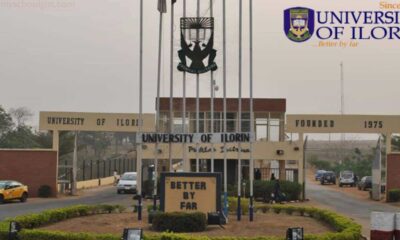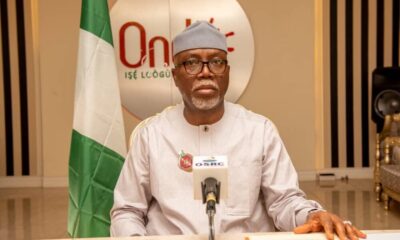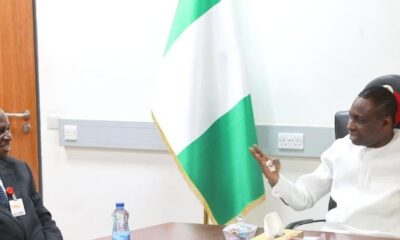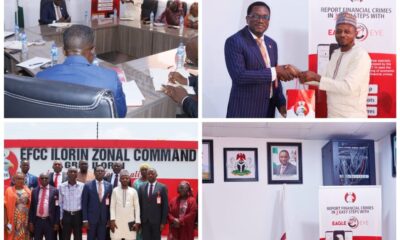News
Political Elite in Nigeria Blamed for Hindering Growth, According to Policy Expert

Olatunji Ariyomo, a specialist in policy and regulation development, emphasized over the weekend that Nigeria’s persistent underdevelopment issues can be attributed to the lack of effective collaboration among the nation’s political elite.
Ariyomo, a member of the Nigerian Society of Engineers, made these remarks during the 2024 Engineering Lecture held by the Department of Civil and Environmental Engineering at the Federal University of Technology Akure (FUTA).
He highlighted that the failure to foster cohesive efforts and consensus among the country’s leaders has hindered progress and hampered growth in various sectors of Nigeria.
Pointing out that this situation has impeded Nigeria’s advancement for the past six decades, he argued that the country’s failure to prioritize and invest in infrastructure development has played a role in its underdevelopment.
“There are numerous key underlying issues that have complicated the process of establishing elite consensus regarding Nigeria’s growth and development. These issues have been at the core of the nation’s economic turmoil over the past sixty years,” he stated.
“Factors such as ethnicity, religion, and socio-political conflicts persist in undermining Nigeria’s potential for greatness.
“It is imperative that we address these fundamental and foundational issues in their smaller, seemingly insignificant forms, in order to rectify the broader challenges facing Nigeria and ultimately position ourselves for global competitiveness,” he added.
“China had its first rail line in 1865 and Nigeria began constructing its first rail line (Lagos-Abeokuta-Ibadan) in March 1896. The completion of Nigeria’s first rail line only took two years. By 1905, China had already commenced building its own railways independently.
“As of 2024, Nigeria heavily relies on China for the construction of its railway infrastructure.”


 News4 weeks ago
News4 weeks agoDevelopment of Kwara Smart City Continues as Government Acquires 20,065 Hectares

 Business4 weeks ago
Business4 weeks agoExpert Predicts Naira’s Strengthening Will Impact Inflation in Coming Months

 Politics4 weeks ago
Politics4 weeks agoAlleged Suspension of Ganduje Raises Concerns Among APC Members

 Business4 weeks ago
Business4 weeks agoDespite Naira Appreciation, Prices Surge in Nigeria

 Politics4 weeks ago
Politics4 weeks agoThe Open Government Partnership Committee is established in Kogi

 Business4 weeks ago
Business4 weeks agoNigeria Faces 40.01% Surge in Food Inflation in March, According to NBS

 Politics2 weeks ago
Politics2 weeks agoPhilip Shaibu Returns To PDP Group He Helped Obaseki Take Party From

 Business3 weeks ago
Business3 weeks agoThe Depreciation of Naira Against Dollar – Insights From BDC Operators












